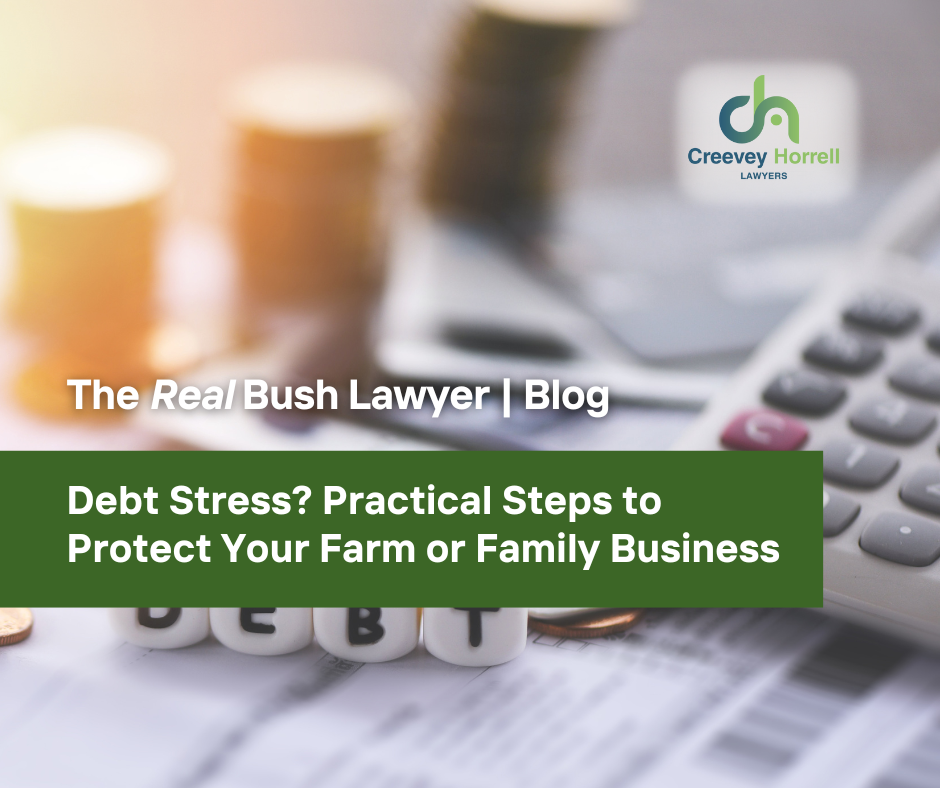WHAT IS GRIEVOUS BODILY HARM? QUEENSLAND LAW
- yyong59
- Jul 13, 2022
- 4 min read

In Queensland, grievous bodily harm is a serious offence involving the assault of another person causing severe, life threatening and/or permanent injuries. This offence is listed under section 320 of the Criminal Code 1899 QLD.
If you are facing a charge of grievous bodily harm, it is our stern, professional advice that you seek the correct assistance. A standalone article will never be your full replacement of receiving thorough legal representation and advice. Every case is unique. Make sure you are in good hands, and contact Creevey Russell Lawyers in Brisbane, Toowoomba or Roma for further information and guidance regarding your personal situation.
The In’s and Out’s: Grievous Bodily Harm Defined (Qld)
As defined in section 1 of the Criminal Code:
“Grievous bodily harm” means—
(a) the loss of a distinct part or an organ of the body; or
(b) serious disfigurement; or
(c) any bodily injury of such a nature that, if left untreated, would endanger or be likely to endanger life, or cause or be likely to cause permanent injury to health;
whether or not treatment is or could have been available.
It could be agreed that the defining elements of grievous bodily harm encapsulate a range of injuries and is therefore broad in nature. Medical opinions can be gathered at this time to accurately assess if the injury falls under the definition of grievous bodily harm, as opposed to assault occasioning bodily harm.
What happens next?
There are elements involved that the prosecution must prove beyond reasonable doubt, as with every criminal charge in Queensland. This will determine whether or not the defendant can be found guilty.
Every issue is different. However, the main elements involved that must be proven to instil a charge of grievous bodily harm underline the following:
1. That the defendant in question is the person who committed the alleged offence i.e., has not been mistakenly accused,
2. The act committed by the defendant was the leading cause of the injury,
3. The extent of the injury does tie with the defining elements of ‘grievous bodily harm’
4. The act is unlawful
A criminal lawyer will intricately analyse each specific element of the situation to assess the possible outcomes.
What Are the Penalties someone who is charged with Grievous Bodily Harm faces?
The law states:
(1) Any person who unlawfully does grievous bodily harm to another is guilty of a crime and is liable to imprisonment for 14 years. And
(3A) The Penalties and Sentences Act 1992, sections 108B and 161Q state a circumstance of aggravation for an offence against this section.
The maximum penalty for the offence of unlawful grievous bodily harm is 14 years of imprisonment.
Depending on the situation at hand, there may be other penalties made in addition.
For example, in reference to section 108B, the law relates to a community service sentence, ordered by the court. This is a result of grievous bodily harm taking place in a public place whilst under the influence of intoxicating substances.
Of course, if you have been charged with grievous bodily harm you will need to engage a professional lawyer to assist you. This Is your best pathway to achieving the best possible outcome for you and your future.
"You got me the result I wanted, and I felt like you really cared about my case"
Common Defences for grievous bodily harm in Queensland.
One of the most important roles of a criminal lawyer, is the identification of possible defences that could be applicable to the case at hand. The best lawyers, with sufficient lead way, will identify this as early as possible. If left too late, it could lead to insufficient witness collection, disruption of evidence or no witness statements as the incident is too far in the past. Creevey Russell’s Criminal Lawyers are skilled in diligently handling this aspect, as well as all other areas encompassing ‘grievous bodily harm’ charges and others.
Possible defences against grievous bodily harm offences in Queensland are varying.
The common defences are as follows:
Self Defence
Accident
Intoxication
Mistake of fact
Defence of another
Emergency of extraordinary nature
Excluded defences include: • Provocation i.e. being provoked to commit assault resulting in grievous bodily harm.
This is another instance of ‘each case is unique’. In one case, multiple defences could apply whereas another case could have no applicable defences. And certain defences cannot be used in conjunction with one another. It’s a tale of never-ending variables in the criminal law world. That’s where seeking immediate, professional advice from an experienced criminal lawyer (from Creevey Russell Lawyers) will truly be your optimal solution.
Take the next step.
Engage a criminal lawyer. There will understandably be a mixed bag of emotions that arise at the time of an accusation or charge. To make the best moves and how to make them, you’ll need a professional lawyer by your side. Creevey Russell Lawyers and the advice given you is unparalleled. You will receive:
• Expert advice with thorough thought, investigation and consideration given to your circumstances throughout all stages;
• A fault-free representation;
• Guidance from 50+ years of experience in criminal law;
• Fixed fee agreements with legal cost certainty when we can.




.png)




Comments